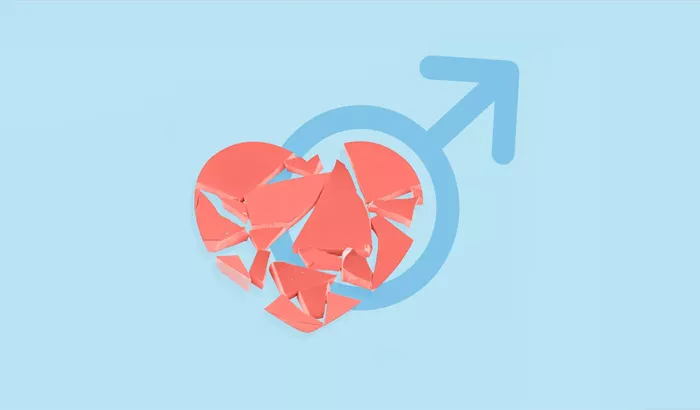Sudden intense mental or physical stress can trigger a condition called ‘Broken Heart Syndrome,’ medically known as Takotsubo cardiomyopathy (TCM).
This condition temporarily weakens the heart muscles, causing symptoms similar to a heart attack, including chest pain, shortness of breath, and irregular heartbeats. However, unlike a heart attack, TCM is not caused by blocked arteries.
The name ‘Takotsubo’ comes from a Japanese octopus trap, reflecting how the left ventricle of the heart balloons out during this syndrome. This swelling impairs the heart’s ability to pump blood effectively.
While TCM is more frequently diagnosed in women, recent research shows men in India face a significantly higher risk of death from the syndrome. A global study published in the Journal of the American Heart Association found that although 83% of TCM cases occur in women, men’s in-hospital mortality rate is more than twice that of women (11.2% vs. 5.5%).
Experts suggest several reasons for this disparity. Since TCM is often perceived as a ‘women’s condition,’ it may be underdiagnosed in men.
Additionally, men are more likely to develop the syndrome following physical stress such as infections or surgery, which tend to worsen outcomes. Women’s bodies produce oestrogen, which may offer some protective effect against severe heart damage in TCM.
In India, hospital admissions for TCM have steadily increased over the past five years, especially among individuals aged 46 to 60. This trend may reflect improved diagnosis but also points to rising emotional and physical stress levels in modern life.
Key Health Takeaway: Cardiac health depends not only on diet and exercise but also heavily on emotional well-being. Managing stress and emotional trauma is crucial for preventing heart complications, particularly for those experiencing significant physical or psychological pressure.


